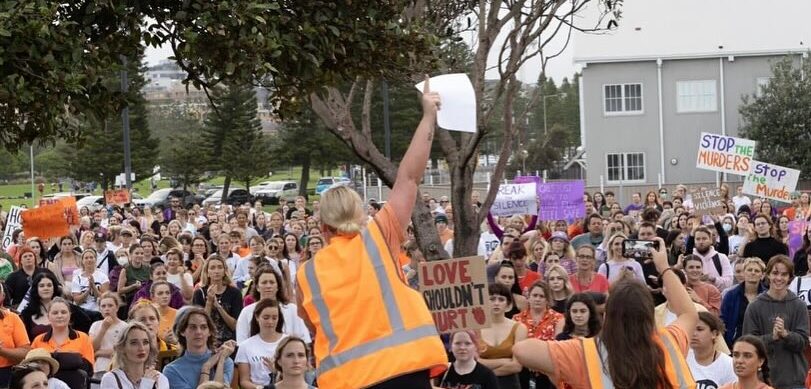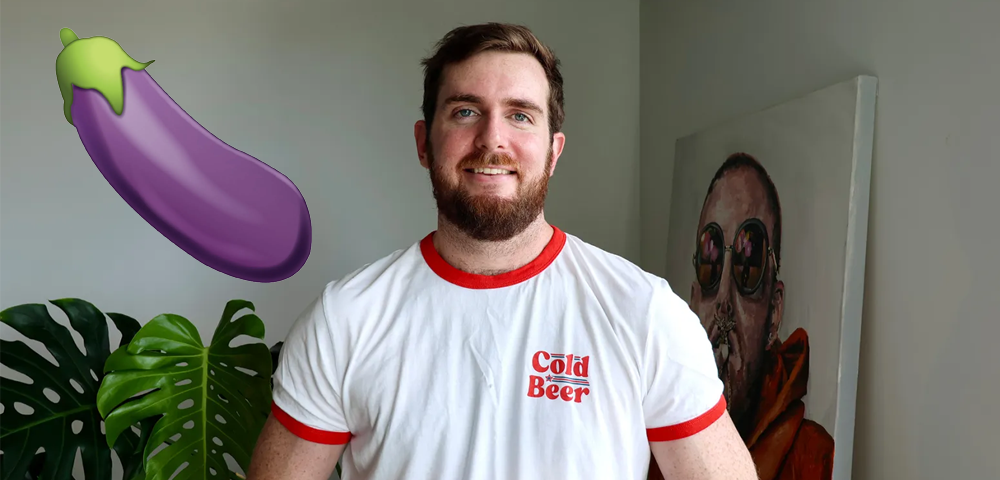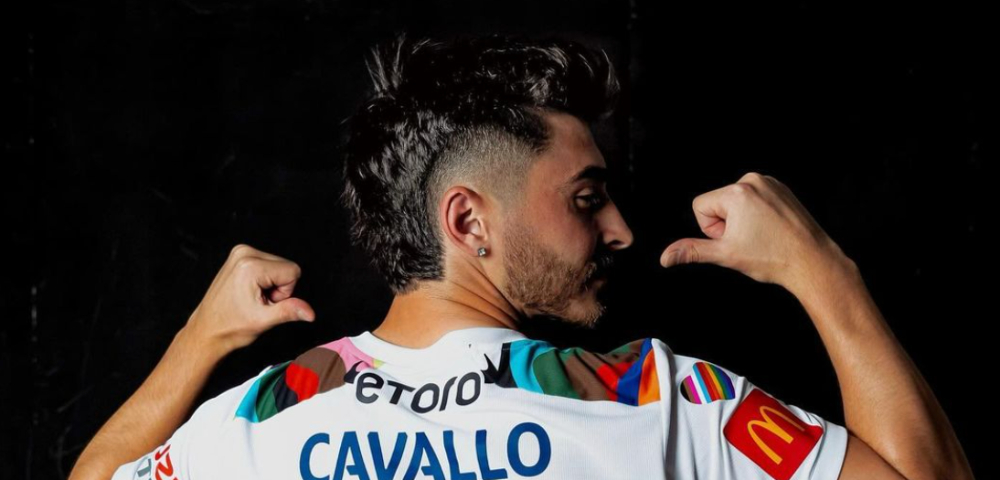
Less homophobia a lasting legacy of the Bingham Cup
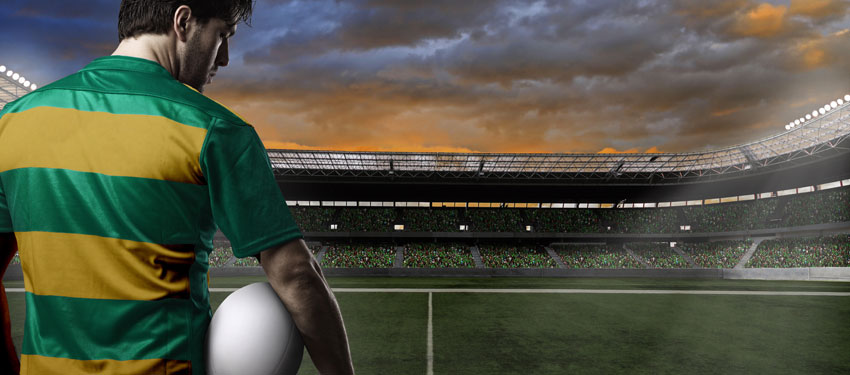
FOR Martin Tebbutt, a life-long rugby fan and player, the bigoted insults on the pitch became so much not only did he give up the sport he loved he also ended up battling depression.
“Homophobic language and humour is so common in male sports that I felt if I came out of the closet I would be identified as ‘soft’ or ‘a fairy’,” he said.
“This is definitely not how any man wants to be described.”
Tebbutt now plays rugby again — sometimes against old adversaries — but this time for gay rugby team the Brisbane Hustlers.
“Everything changed once I started being honest about my sexuality with myself and others,” he said.
New research has revealed that Tebbutt is not alone in experiencing homophobia in sport with as many as 85 per cent of gay, lesbian and bisexual people having witnessed or been victim to bigoted slurs or abuse either as a player or spectator in Australia.
A similar study four years ago found less than half that number had experienced verbal abuse.
The preliminary findings, released in July, come from the global Bingham Cup-led Out on the Fields survey, which aims to gauge the nature of homophobia in sport and how this affects gay, lesbian, bisexual and trans* people.
The results are eye opening with half of all survey respondents having been the target of homophobia in sport while 64 per cent said discrimination was more prevalent in team sports than in society in general.
The most common form of discrimination was direct and pointed comments with 84 per cent of gay people hearing slurs such as “fag”, “dyke” and”‘poofter”. This was followed by discriminatory jokes and casual homophobia — for instance, supporters or fellow players saying “that’s so gay”.
Gay men were more likely to be experience direct homophobia in sport than women.
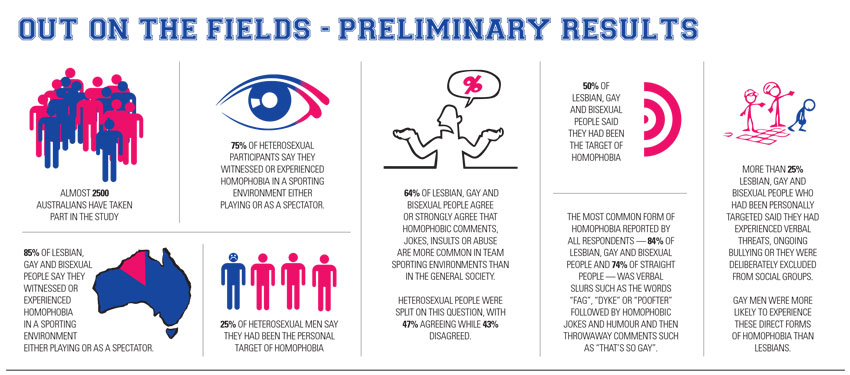
Victoria University’s Dr Caroline Symons, a researcher on the Out on the Fields study, said the results showed there was “still much to do to address homophobia and make sport more inclusive”.
Indirect homophobia can also have a significant effect, said Symons.
“While it may not be intended to be harmful it’s that negative mirror that a lot of same sex attracted youth grow up with,” she said.
A reminder of this homophobia came just weeks ago when, on the same weekend that Australian swimming great Ian Thorpe told the world he was gay, TV sports commentator Brian Taylor called an AFL player a “big poofter” after he was taken off the pitch.
For Bingham Cup Sydney 2014 president Andrew Purchas, reducing homophobia in sport would be a lasting legacy of the tournament.
“When we won the Bingham Cup we sat down and made the conscious decision around, do we run a rugby tournament, or do we do something bigger?” he said.
The launch of the ground breaking Anti-Homophobia and Inclusion Framework earlier this year was a major step in reaching that goal.
Signed by the chief executives of Australia’s five largest professional sporting bodies — AFL, NRL, Australian Rugby Union, Football Federation Australia and Cricket Australia — the framework committed the codes to extend the scope of their anti-discrimination policies to include homophobic conduct by the time the Bingham Cup.
The sports will also make concrete efforts to increase education in clubs around LGB issues, encourage partnerships with groups from those communities and to mandate the codes to publicly report on their progress.
The policy is supported by the Australian Human Rights Commission and Australian Sports Commission.
Purchas said it was the first time that all the major codes in a country had come together in this manner: “Each have taken steps to fight racism and sexism and they all recognise they need to do more to address homophobia.”
NRL chief executive Dave Smith said the code needed to ensure “the words that we speak carry through into practice”.
The revamped policy would guide the NRL on how they responded to future homophobic incidents, he said, in addition to “teaching people what the rights and wrongs are as well as punishing where we need to”.
Openly-gay vice captain of the female Australian cricket team, Alex Blackwall, also welcomed the commitment, saying it showed “very strong and clear leadership to tackle homophobia in sport”.
Meanwhile increasing numbers of high profile players, including the NRL’s Matthew Johns, rugby union’s David Pocock and Adam Ashley-Cooper and AFL’s Mike Pyke have publicly voiced their support for combating homophobia in sport.
Meanwhile, just last month Bingham Cup hosts the Sydney Convicts became first gay team in the world to play as part of professional rugby match when they beat Macquarie University prior to the NSW vs New Zealand clash.
Asked how the codes would measure their success in combating homophobia and welcoming lesbian, gay and bisexual people into the game, AFL chief executive Andrew Demetriou said: “The most tangible outcome is people feel they are equal and the need for a policy becomes minimal.”
**This article first appeared in the new September issue of the Star Observer, which is currently available in Melbourne, Sydney, Brisbane, Adelaide and Canberra. Click here to find out where you can grab your free copy or click here to read the magazine in digital flip-book format.




